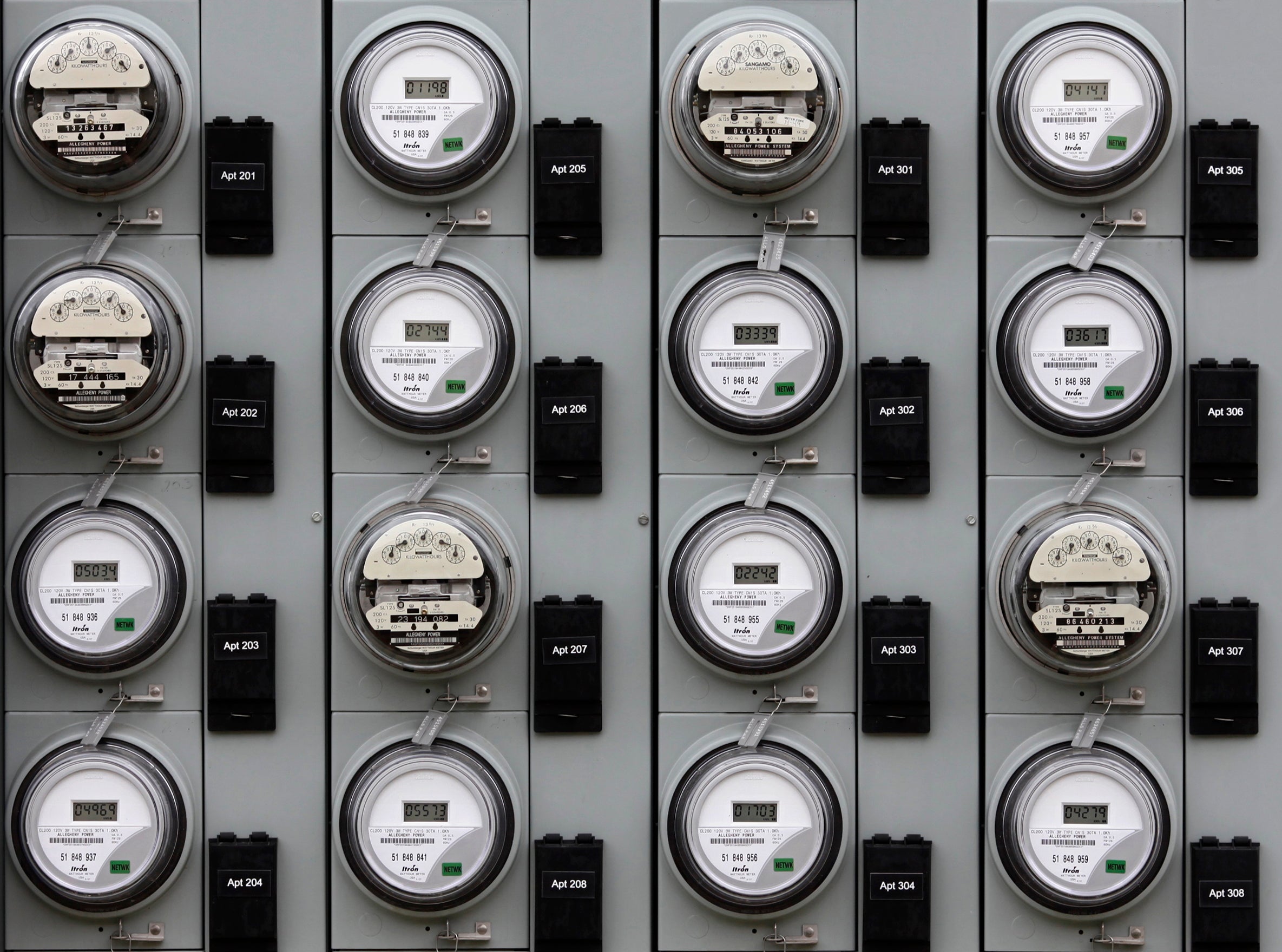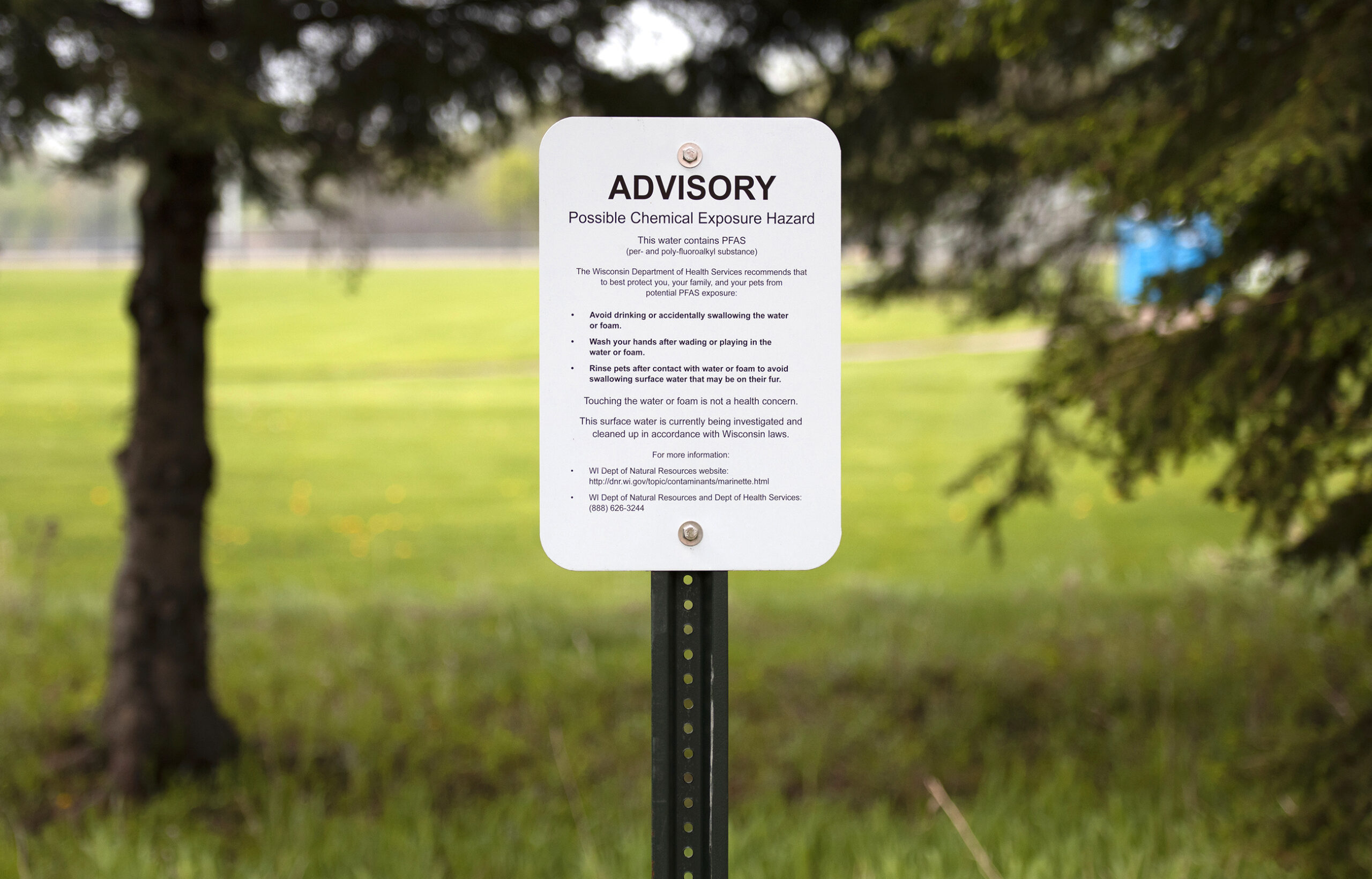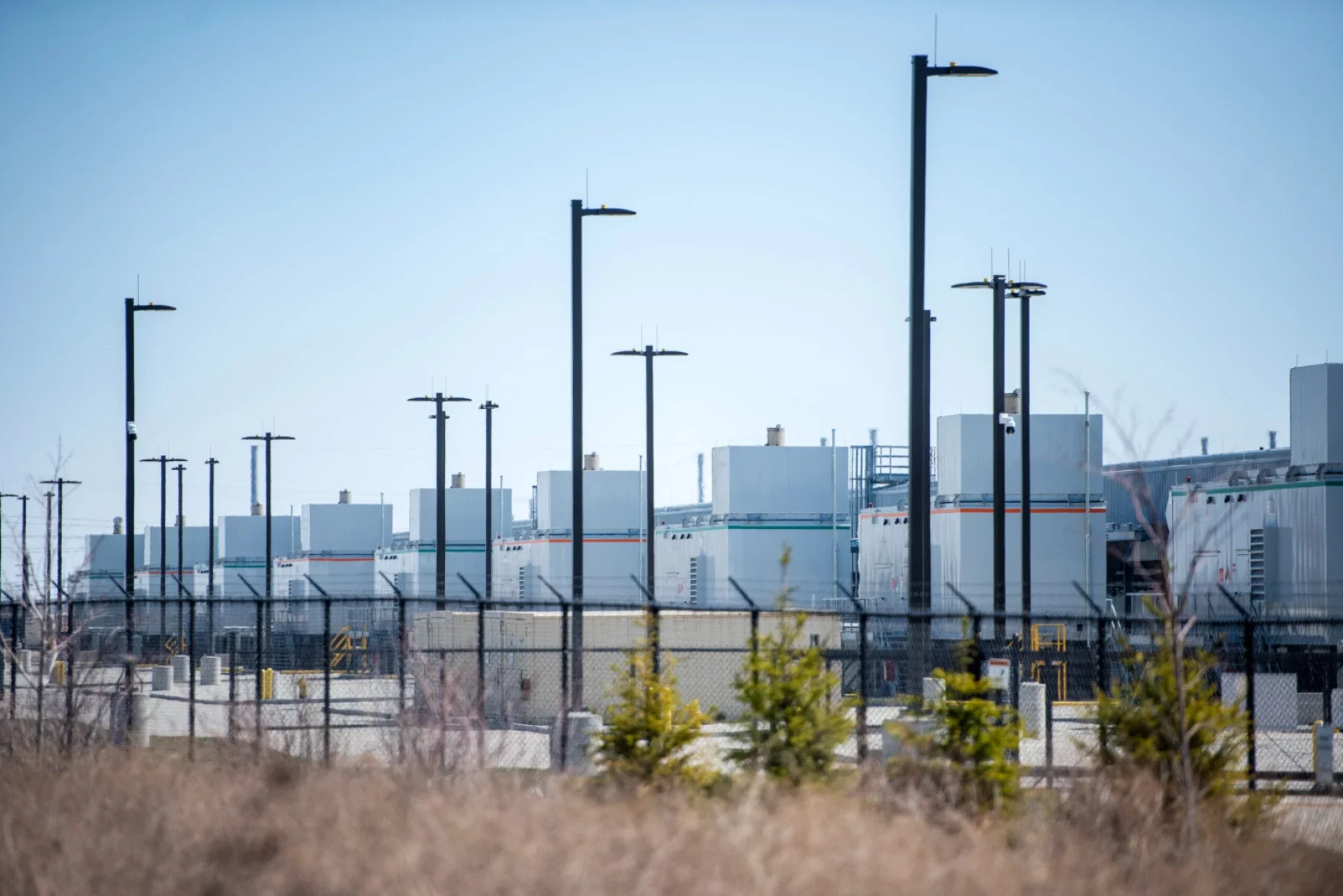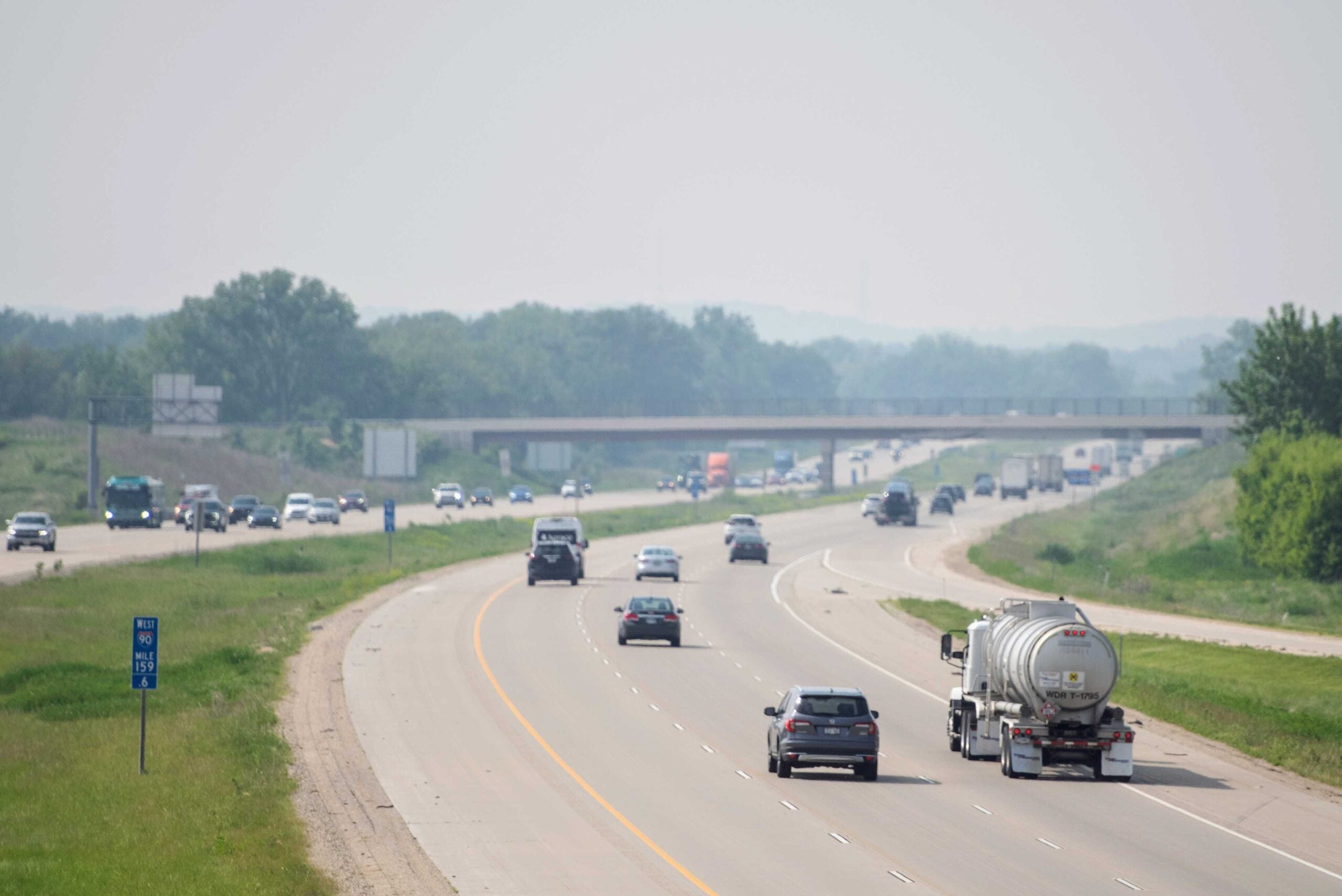The presidential election ended months ago and the transition is well underway, but several cities in Wisconsin are dealing with some unfinished business from the candidates and their campaigns.
Municipalities want candidates to pay for the police services they provided at campaign events. Eau Claire says it’s owed more than $47,000, Green Bay is seeking $24,000. And there are others.
“There’s a pretty significant dispute between the candidates and the cities when it comes to who’s responsible for paying what when it comes to police and security costs for big-time presidential campaign rallies,” said Dave Levinthal, who reported on the unpaid campaign bills for the Center for Public Integrity in Washington, D.C.
News with a little more humanity
WPR’s “Wisconsin Today” newsletter keeps you connected to the state you love without feeling overwhelmed. No paywall. No agenda. No corporate filter.
What leads to the disputes isn’t always clear.
One factor Levinthal found in talking with dozens of city officials and law enforcement agencies is “there’s no standard practice” for how municipalities handle the expenses that come with campaign visits.
“Some of them want the money upfront,” he said. “Other cities consider (the work) to be effectively a function of their police department or municipal department, and they’re just going to eat the cost. And then you have others that don’t sign a contract or it’s kind of unclear from the contract as to what kind of policing is going to be provided, but they bill them anyway, and expect that they’re going to get some sort of payment back.”
Levinthal said in other cases there was no clear explanation for why candidates handled their bills or chose not to.
“Green Bay would be a good example,” he said. “Candidates paid some of the bills that Green Bay sent them and didn’t pay other bills that Green Bay sent them. It was unclear as to why that was the case. The officials we spoke with in Green Bay didn’t know, the candidates wouldn’t say when we reached out to them.”
The issue of unpaid campaign bills isn’t unique to Wisconsin, though Levinthal said the state has several cases because candidates came here frequently during the presidential primary, and former Republican nominee and now President-elect Donald Trump made numerous visits during the general election.
Municipalities can, and sometimes do, threaten or hint at legal action against campaigns that leave bills unpaid. “But most of them will not follow through with suing the campaign, even though they would have legal standing at least to do so,” Levinthal said. “It just doesn’t seem for a bill that might be $5,000; $10,000; 420,000 to be worth their while.” He said the costs of recovering that money can be higher than the amount they seek, and there’s no guarantee of success.
So, Levinthal explained, municipalities “use the bully pulpit, get on their soapbox a bit and embarrass the candidate into paying back … Municipalities and police departments are saying, ‘It would be really nice if you would pay for all the overtime costs, the other ancillary costs that we’ve got to take on as a small municipality when you have a big rally that numbers in the thousands (or) even tens of thousands of people.’”
“What’s important to know is that the candidates, if they wanted to, could clear many of these bills today,” Levinthal added. “They have the money; Bernie Sanders, Donald Trump and Hillary Clinton all are running a surplus from their campaigns.”
Wisconsin Public Radio, © Copyright 2026, Board of Regents of the University of Wisconsin System and Wisconsin Educational Communications Board.







